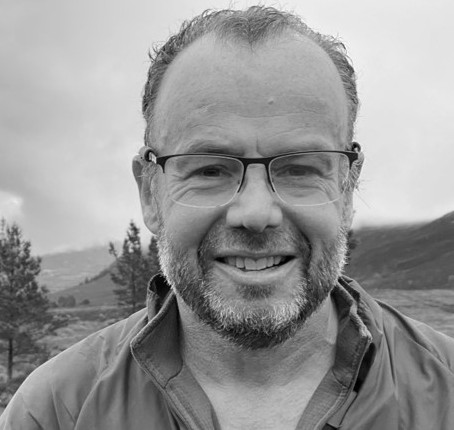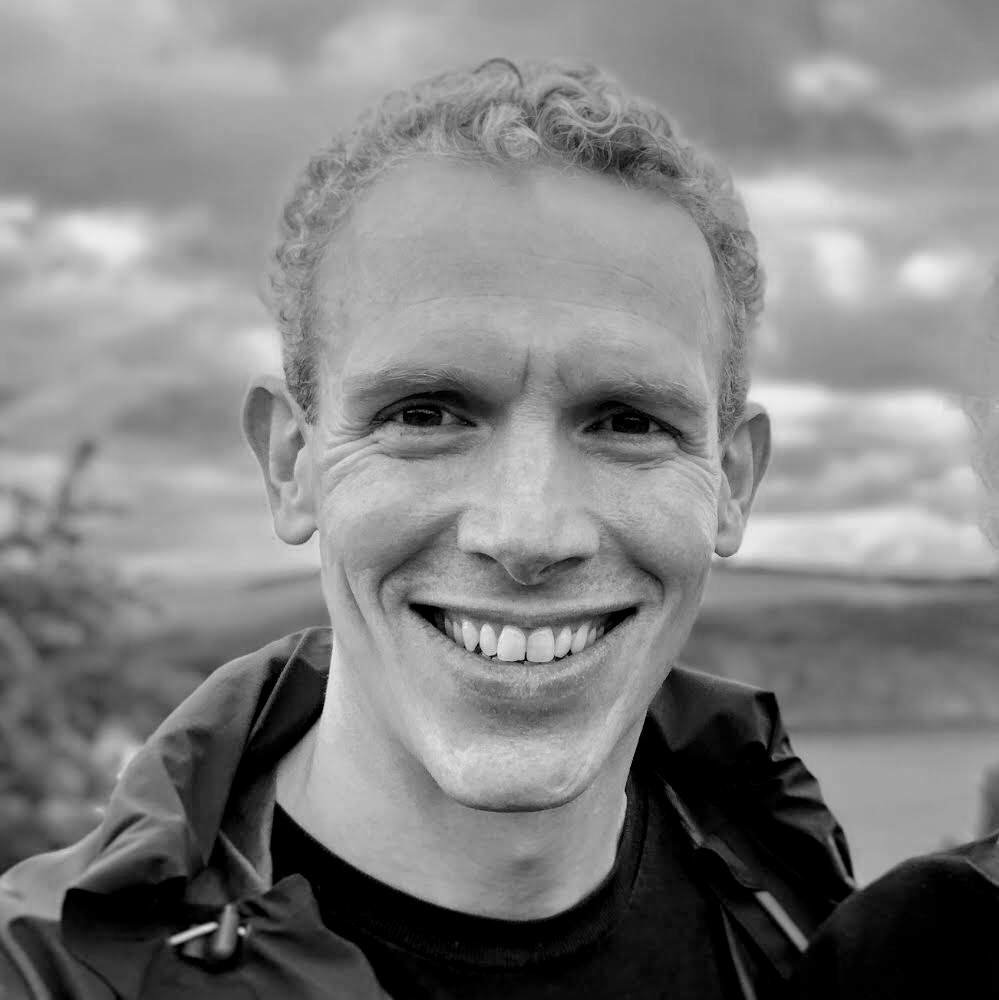
Welcome to the November and December Learning & Teaching Enhancement Theme: Reflective Learning. In this first post, Professor Simon Riley and Dr. Gavin McCabe introduce the series by exploring the importance of reflective learning and the diverse forms such experiential pedagogy can take, as well as how such learning is already being implemented in our classrooms and can be supported further. Reflecting on reflection, Simon and Gavin spotlight the exciting posts forthcoming in this series: Reflective Learning 2022.
Reflection is critical for our development as individual practitioners in higher education, as collective departments, and as a whole institution. It allows us to grow, to learn through experiences, to recognise and value our and others’ successes, to approach the future with greater confidence and assurance.
The same is true for our students. Reflection is an essential skill for their academic, personal, and professional development and success, now and in the future. And as for any skill that impacts students’ development and success, it is important that we purposefully and meaningfully recognise, support, and nurture it, within and beyond our curricula.
There is no one way to ‘do’ reflection. This is true for us as individuals as much as it is true when thinking about embedding reflection in our curricula. Over November and December, we will shine a light on some of the diverse activity, support, and resources across the University that enable students’ reflection in the curriculum.
What is reflection?
Here is the definition from the Reflection Toolkit:
The conscious examination of past experiences, thoughts, and ways of doing things. Its goal is to surface learning about oneself and the situation, and to bring meaning to it in order to inform the present and the future. It challenges the status quo of practice, thoughts, and assumptions and may therefore inform our decisions, actions, attitudes, beliefs, and understanding about ourselves.
You can see from this definition that reflective practice and learning uses a complex series of skills that permeates all behaviour across our academic, professional, and personal lives. It offers us a way to navigate moving forward in our complex and uncertain world.
Reflection in our curricula
This series will explore how reflective learning is already being firmly embedded in our curricula.
We will hear from Andy Cross and Sabine Rolle about how they are designing a whole new undergraduate programme for the interdisciplinary space of the Edinburgh Futures Institute, with reflective learning (and its assessment) at its centre to encourage students to challenge, create, and change. In the disciplinary space of GeoSciences, Dan Swanton details his own thinking on the importance of fieldwork across all aspects of the discipline. He considers how effective reflection is essential for students to recognise the ‘craft’ beyond learning the content and to see the bigger picture. He also explores how the assessment process is enriched.
In many vocational spaces including health and social care, veterinary medicine, and education, reflective practice is clearly established and valued, and its assessment is well validated. In the Vet School, Susan Rhind and her colleagues consider how reflection is deeply rooted in their vocation, but that it also presents challenges on how to best support students with a range of different abilities in this complex set of skills, to carry them through their degree and then to continue their professional development.
Supporting effective reflective practice
This series will also examine how we can successfully support reflective learning practice. Gavin McCabe and Tobias Thejll-Madsen discuss the development of the Reflection Toolkit: a generic resource for the whole institution, not only for students but also, importantly, for staff who may be tutors or facilitators of reflection, and who may plan and design courses and assessments using reflective learning. It is available as an Open Education Resource (OER) and is receiving a huge number of visits from outside, indicating the interest and need across the HE sector.
Rayya Ghul considers the importance of finding the right approach to reflection for each setting, and not always defaulting to routine approaches. In particular, Rayya looks at the ‘orientations to reflection’ framework as a useful tool to support deeper understanding and mastery of reflective learning. We will also hear a student perspective from Nia Obed-Arthur, in 3rd year Law, who has undertaken some interesting but challenging experiences and has used the experiential reflective learning framework of the Student-Led, Individually-Created Courses (SLICCs) to fully surface their learning journey and longer-term gains.
Experiential and challenge-based learning is increasing across the sector and the importance of embedding these have become clear through the Curriculum Transformation Programme. The successful support, delivery, and assessment of reflective practice will prove to be essential to underpin this approach and to ensure experience turns into experiential learning.
Too often it is assumed that embedding reflection in the curriculum is too difficult, ‘not for my discipline’, or not robust. The examples and insights in this series will show this does not have to be the case, and we hope each of these blog posts will prompt us to learn from and be inspired by others, and to reflect on and enhance our own practice.
 Simon Riley
Simon Riley
Professor Simon Riley is Professor of Experiential Student Learning, Co-Director of Teaching for the Edinburgh Futures Institute, and Director of Teaching for the Deanery of Clinical Sciences, Edinburgh Medical School. He is also Co-Lead for the Student-Led, Individually-Created Courses initiative (SLICCs).
 Gavin McCabe
Gavin McCabe
Dr Gavin McCabe is a Careers and Employability Manager in The University of Edinburgh’s Careers Service and previously led the Employability Consultancy, in both roles leading and shaping strategy and activities around students’ employability, development, and graduate attributes. Gavin co-leads the Student-Led, Individually-Created Courses (SLICCs) and GEL-Lab initiatives, co-authored the Reflection Toolkit, provided subject-matter expertise on graduate attributes for Skills Development Scotland, and led the design and delivery of strategic institution-wide initiatives such as the Edinburgh Award, Making Transitions Personal, and MyDevelopmentHub.

